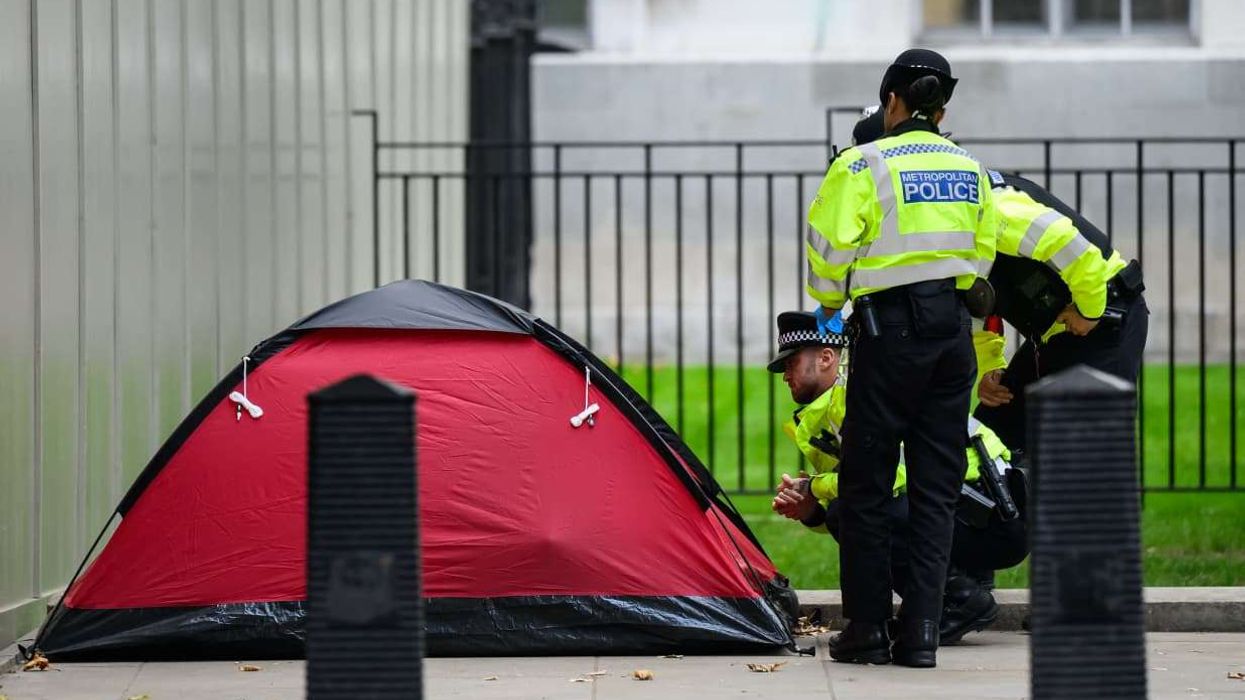IRELAND on Monday(7) posted a record quarter-on-quarter GDP decline of 6.1 per cent, revealing the blistering economic toll of the coronavirus lockdown in the first half of 2020.
The gross domestic product data reported by the central statistics office for the April-June quarter outstripped the contraction suffered by Ireland after the 2008 financial crisis.
"Many of our jobs-rich domestic sectors were temporarily closed giving rise to the large contraction in domestic demand seen today," finance minister Paschal Donohoe said in a statement.
The construction industry was hit hardest, contracting by 38.3 per cent in the second quarter, followed by the distribution, transport, hotels and restaurant sector.
Personal spending also took a hefty hit, although exports from Ireland's important pharmaceutical sector held up.
Ireland went into lockdown in March and has suffered 1,777 deaths from the coronavirus, according to latest government figures.
Although the Republic has regularly recorded no deaths in its daily tolls of recent weeks, there has been a surge in the number of new cases.
The nation's plan to exit the lockdown has been regularly pushed back and three counties were recently forced to enter localised restrictions.
Pubs serving food have been allowed to resume business but those serving drinks-only -- around half of the 7,000 nationwide -- are still shut in the longest such closure in the European Union.
Ireland faces a further threat as Britain, its main trading partner, prepares to end a post-Brexit transition out of the EU at the end of this year.













